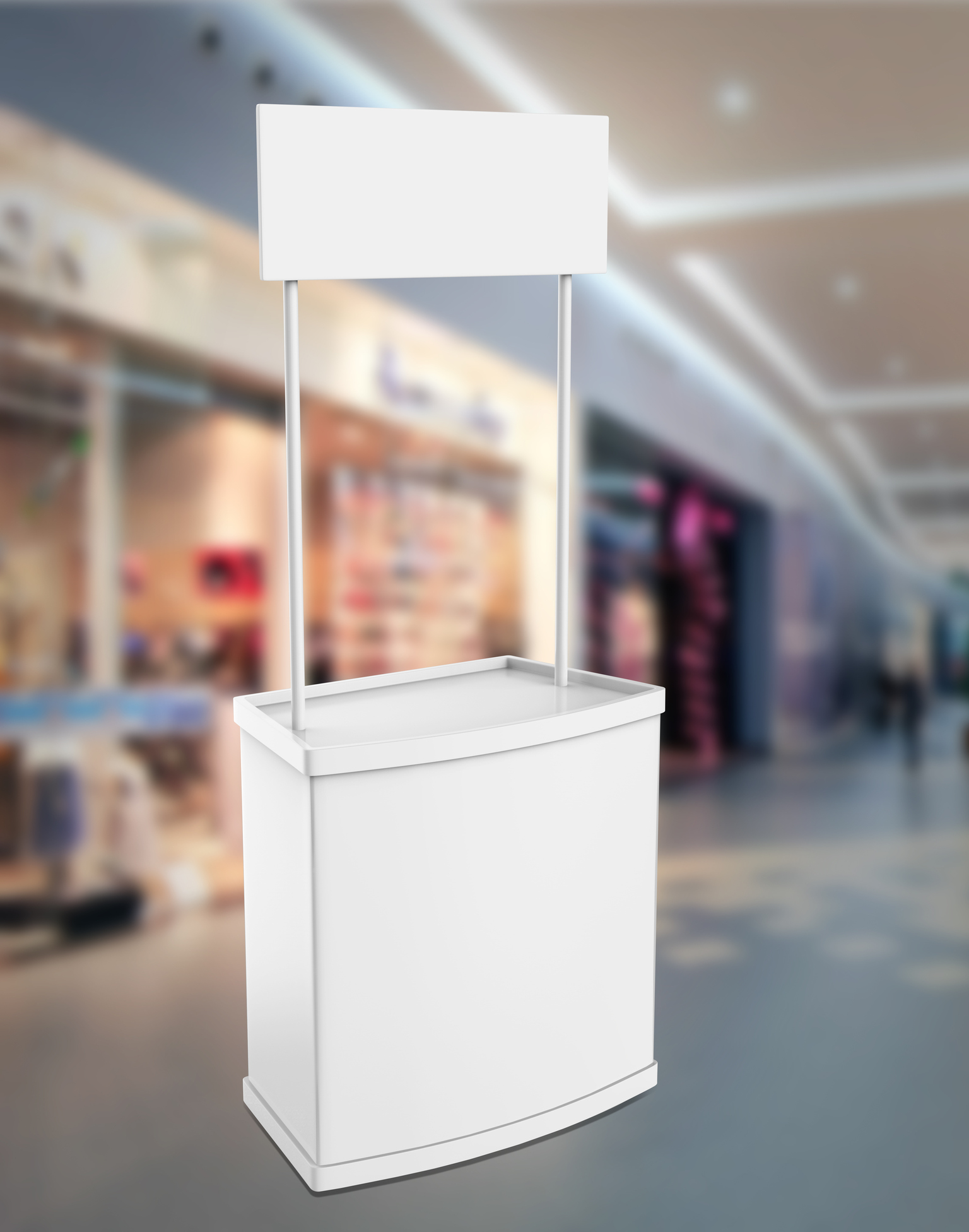It seems that every few weeks there is a new scam surfacing to be wary of, and seniors are frequently the target of fraudsters trying to steal money or access to personal information from trusting elderly adults. This summer season, a number of scammers are using local county fairs, senior housing communities and seniors’ centers as venues to set up health-screening booths in order to mine personal information including social security numbers, bank account information, medicare ID numbers or credit card information.
What may seem like a helpful “free” health booth can put vulnerable elders at risk for fraudulent charges. It’s important for seniors to remember never to give out personal information or accept offers of medical or lab testing without an order from their doctor. If someone offers you something in exchange for personal information, like a free back brace or other assistive/medical device, it’s likely some kind of scam. These kind of transactions are illegal.
It’s also important to know that government agencies will never contact you by text or a phone call about updating an account or paying a fee or fine. If you think you may have given out information that could put you at risk, carefully read any correspondence from your medical insurance provider or government agency. Scammers can use your healthcare insurance ID and plan information to bill your insurance company for tests, steal your identity or access private medical information. If you have been a victim of healthcare fraud, file a report with the Better Business Bureau. Keep track of recent scams by subscribing to the BBB’s weekly Scam Alert emails.
Avoiding Scams
- Never send money to someone you have not met, especially using untraceable gift cards, a wire transfer or a prepaid debit card.
- Don’t open attachments in unsolicited emails or click on links.
- Beware of official-looking websites or documents, these can all be easily forged. Even caller IDs can be faked.
- Never share personal information with someone over the phone, by email, on social media or at your front door. This includes your social insurance numbers, date of birth, banking or credit card numbers.
- Say no to high-pressure, time limited offers. Talk with a trusted family member or financial advisor before making any decisions about home repairs or big purchases.
- Only connect with people you already know well on social media and use privacy settings to keep information secure. Be wary of people who act like they know you, but you can’t place.
Source: Better Business Bureau






Add Your Voice
0 Comments
Join the Discussion